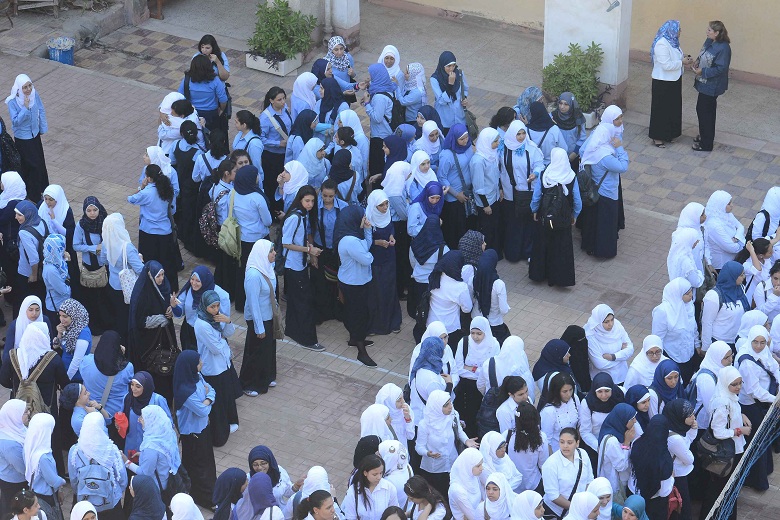In an environment as tough as Upper Egypt for the youth, where the basic needs of education, proper food, and having clean water are everyday challenges, being culturally aware is one of the privileges that youth rarely get to have.
Learning a new musical instrument, poetry, or how to express themselves are difficult for children whose parents are mainly forcing them to work after school to provide an extra income for the family. Yet, raising the cultural awareness of those children is Association of Upper Egypt for Education and Development’s (AUEED) main concern.
AUEED is a non-profit organisation that focuses on raising cultural awareness for children and youth in villages in Upper Egypt through after-school classes. The NGO also aims to encourage their access to cultural activities and services to promote human and social development.

Facebook page
In corporation with the ministries of Youth, of Culture, and of Social Solidarity, AUEED started a new programme called “Children and Youth have Access to Culture in Upper Egypt”. The programme aims to increase cultural knowledge and musical participation in 13 disadvantaged villages throughout 5 governorates in Upper Egypt.
The programme is also funded by the European Union (EU), which allocated € 263,500 as the budget.
“This programme aims to help in enhancing knowledge and skills through music, dance, theatre, and festivals,” said James Moran, Head of the European Union Delegation to Egypt. “It will further contribute to develop a sustainable economy as well as offer opportunities to youth”.
It also targets developing artistic and cultural activities of 1,000 children and 480 youth as well as to train 65 “cultural leaders”, including teachers and artists from five governorates in Upper Egypt – Menia, Assiut, Sohag, Qena, and Luxor – within two years. Moreover, it offers small grants to provide the groups participating with cultural productions.
Starting from January 2016, the program will teach students music, drama, poetry, and drawing. The project further seeks to enable cultural organisations to manage and lead cultural and artistic programmes within their communities.
“Our schools are the sources of enlightenment and sustainable development in Upper Egypt,” AUEED executive manager Dina Raouf said. “We believe there are many opportunities for development there, which will allow us to confront all forms of poverty through education, health, and cultural development programmes. This will also provide economic development opportunities”.


